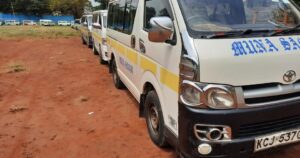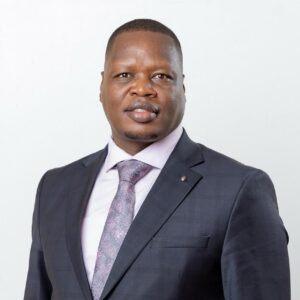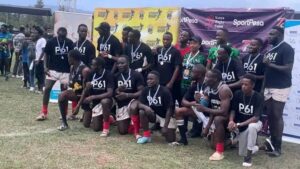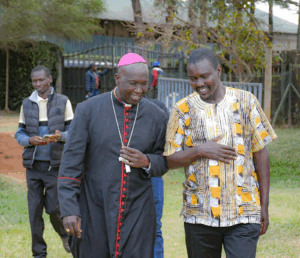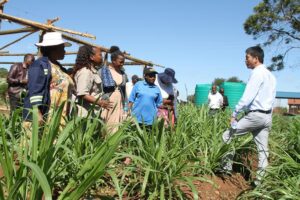Motorists Protest Rironi–Mau Summit PPP Project, Terming It a Burden on Taxpayers
MAK urged suspension of the PPP program, publication of all concession contracts, and outright audit of the RMLF in a bid to attain transparency

The organization argued that the Build-Operate-Transfer (BOT) deal entombs the government with implicit fiscal obligations in foreign exchange through guarantees such as minimum traffic volumes and guarantee of revenues.Photo/courtesy.
By Ruth Sang
The Motorist Association of Kenya (MAK) has vehemently opposed the government’s Public-Private Partnership (PPP) plan for constructing the Rironi–Nakuru–Mau Summit Highway road expansion project. In an extensive press release, the association accused privatisation of the 233km road project of milking Kenyan motorists and taxpayers to serve the interests of foreign investors through the imposition of toll charges.
The proposed toll PPP model by MAK imposes taxpayers to bear hidden fiscal costs and shifts government liability to unreported private deals. The organization argued that the Build-Operate-Transfer (BOT) deal entombs the government with implicit fiscal obligations in foreign exchange through guarantees such as minimum traffic volumes and guarantee of revenues. “Whenever the private operator fails to meet performance standards, the cost ultimately falls on taxpayers, as with the Standard Gauge Railway and power purchase agreements,” the statement noted.
The association continued to say that Kenya has sufficient funds for its road network through its existing Road Maintenance Levy Fund (RMLF) and fuel levy. MAK clarified that the concern is not a resource deficit but poor management and corruption. “Kenya earns more than KSh 100 billion annually from RMLF, plus fuel VAT and excise, which is more than adequate for road maintenance. Levying additional tolls is tantamount to double taxation and is against the constitutional principles of fairness, transparency, and prudent use of public money,” the association added.
MAK was also opposed to the China Road and Bridge Corporation (CRBC) award as the preferred bidder on grounds that the state-owned Chinese company can’t be a private investor in a PPP deal. The group warned that such deals have the ability to deepen Kenya’s economic subservience under China’s Belt and Road Initiative, terming it “economic colonisation disguised as development.”
The federation protested the need to upgrade the whole corridor from Mau Summit to Nairobi, noting that traffic data show little traffic between Nairobi and Naivasha due to diversion of cargo to the SGR. It suggested upgrading the Naivasha–Nakuru–Mau Summit segment only, which would be easily accommodated by using RMLF money instead of expensive toll-based financing.
MAK urged suspension of the PPP program, publication of all concession contracts, and outright audit of the RMLF in a bid to attain transparency. The association accused the government of luring the country into long-term dependency, where foreign firms enjoy toll revenue instead of providing sustainable financing.
Touching on the failure, Eng. Kefa Seda, Head of Public Private Partnerships Directorate, clarified that the project would still be state-owned in full. https://www.hubzmedia.africa/kenya-kwanza-champions-digital-empowerment-grassroots-growth/He reaffirmed that tolling would be governed to the letter and that the PPP model would relieve pressure on the national budget while avoiding further debt build-up.
Construction is to begin shortly, with design already under way after feasibility studies concluded the Nairobi–Nakuru corridor as an important transport corridor that needed upgrading on an urgent basis, KeNHA says.

